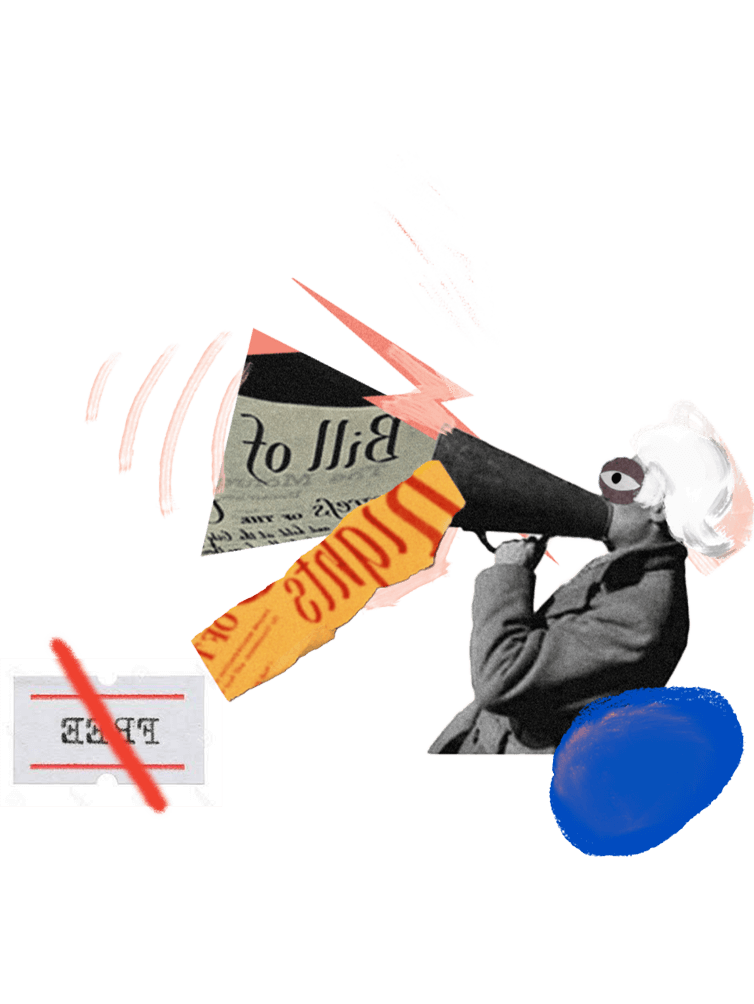What is the NYC Human Rights Law?
An amendment to the New York City Human Rights Law went into effect on January 11, 2020 to clarify that all freelancers and independent contractors are protected from discrimination and harassment in the workplace. Its provisions include:
- Anti-discrimination It is illegal to discriminate against freelancers on the basis of: age, arrest or conviction record, caregiver status, citizenship status, color, credit history, disability, gender, gender identity, immigration status, marital or partnership status, military service, national origin, pregnancy, race, religion/creed, salary history, sexual and reproductive health decisions, sexual orientation, status as victim of domestic violence, sexual violence, or stalking, or unemployment status.
- Sexual harassment Clients are prohibited from sexual harassment of freelancers, as it is considered a form of gender-based discrimination.
- Reasonable accommodations Freelancers have the right to receive reasonable accommodations for disabilities, lactation, pregnancy, childbirth or related medical conditions, religious observance, and for victims of domestic violence, sexual offenses, or stalking.
- Anti-retaliation Clients cannot retaliate against a freelancer for opposing a discriminatory practice, filing a discrimination complaint, or assisting in a discrimination investigation.
Who is covered?
The law protects all freelancers regardless of whether they have a formal contract, whether the work requires that they are on-site regularly or not, or whether it is a short-term or long-term relationship. Apps and online platforms may also be liable if they directly engage in discrimination against a freelancer who uses their platform or if a customer who uses their platform to hire a freelancer engages in unlawful discrimination.
If you wish to file a complaint with the NYC Commission on Human Rights (NYCCHR), you must do so within one year of the last alleged act of discrimination; for gender-based harassment, you have three years after the last alleged act of discrimination. If you wish to file a complaint in State Court, you have three years to do so after the last alleged act of discrimination. You may not file both with the NYCCHR and in State Court.
What must companies do to help prevent harassment?
Hiring parties are required to have all their workers — including freelancers — complete annual sexual harassment training if:
- They employ 15 people or more
- The freelancer works more than 80 hours in a calendar year, and for at least 90 days (does not need to be consecutive)
Freelancers are not required to complete sexual harassment training more than once a year — and can provide proof of completion to subsequent hiring parties.
File a Discrimination Claim
You can report discrimination or harassment to the NYC Commission on Human Rights using this form, regardless of whether you would like to make a formal complaint. The Commission can file a report on your behalf and investigate your case. Where it determines that a violation of the law occurred, you may be entitled to monetary damages and other relief
File a complaint or reach out with questions:
- By phone, at 3-1-1 and ask for “Human Rights”
- You can also attend a workshop on the NYC Human Rights Law and connect on social media.

